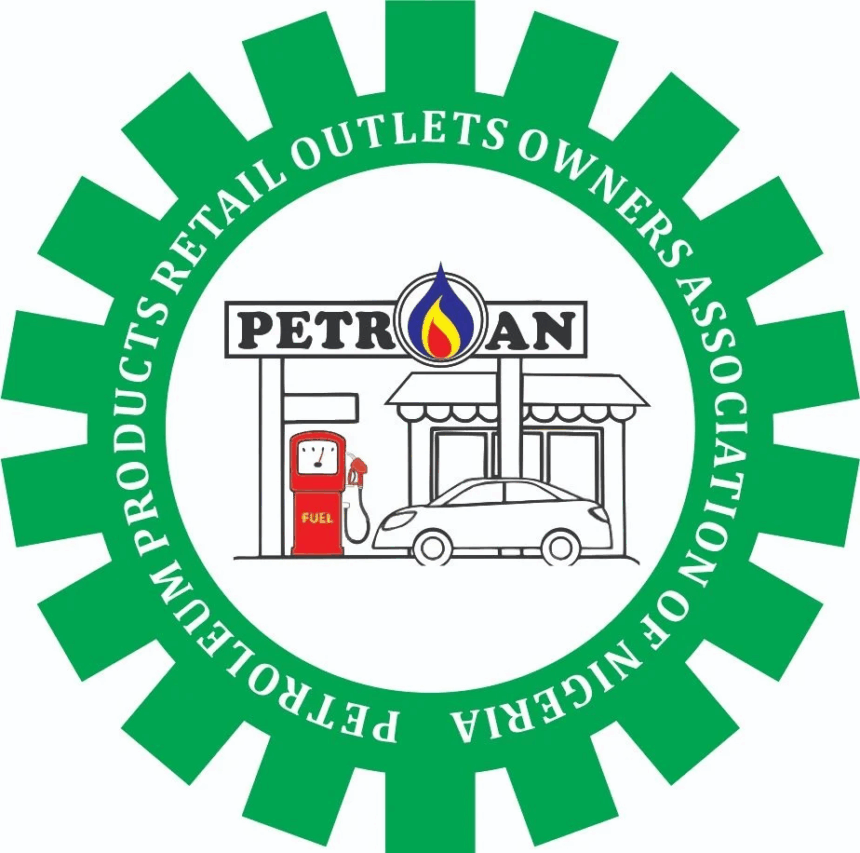-
PETROAN declares support for new tariff aimed at protecting local refineries
-
Economists say policy could boost domestic fuel production
-
Stakeholders fear move may worsen current hardship for Nigerians
The Petroleum Products Retail Outlets Owners Association of Nigeria (PETROAN) has thrown its weight behind President Bola Tinubu’s newly approved 15 per cent import duty on petrol and diesel, describing the policy as a step toward securing local fuel production and encouraging refinery operations within Nigeria.
President of PETROAN, Billy Gilly-Harry, disclosed this in an interview with DAILY POST on Friday following the federal government’s directive for the immediate implementation of the new tariff regime.
ATTENTION: Click “HERE” to join our WhatsApp group and receive News updates directly on your WhatsApp!
In a statement signed by Gilly-Harry, the association noted that the duty would “secure local production and strengthen domestic refineries.”
READ ALSO: PETROAN Urges Technical, Equity Partnerships for Port Harcourt Refinery Revival
“This whole idea is to secure local production — that is, local refineries. We are very much in support of it. However, we will take a few more days to analyse its impact,” he said.
Gilly-Harry further acknowledged that while PETROAN backs the government’s objective, the association would closely monitor how the duty might affect pump prices and consumer purchasing power in the coming days.
The new policy, which has divided public opinion, is being presented by the Presidency as a bridge to energy independence, not a burden on citizens.
According to the Presidential spokesperson, the import duty is expected to encourage investment in local refineries and reduce Nigeria’s heavy dependence on imported petroleum products.
Also weighing in, Bismarck Rewane, Chief Executive of Financial Derivatives Company, backed the policy, saying it would “boost local production and create incentives for domestic refining.”
However, several Nigerians and civil society groups have criticised the decision, warning that the 15 per cent tariff could increase fuel costs and deepen the hardship already faced by citizens.

